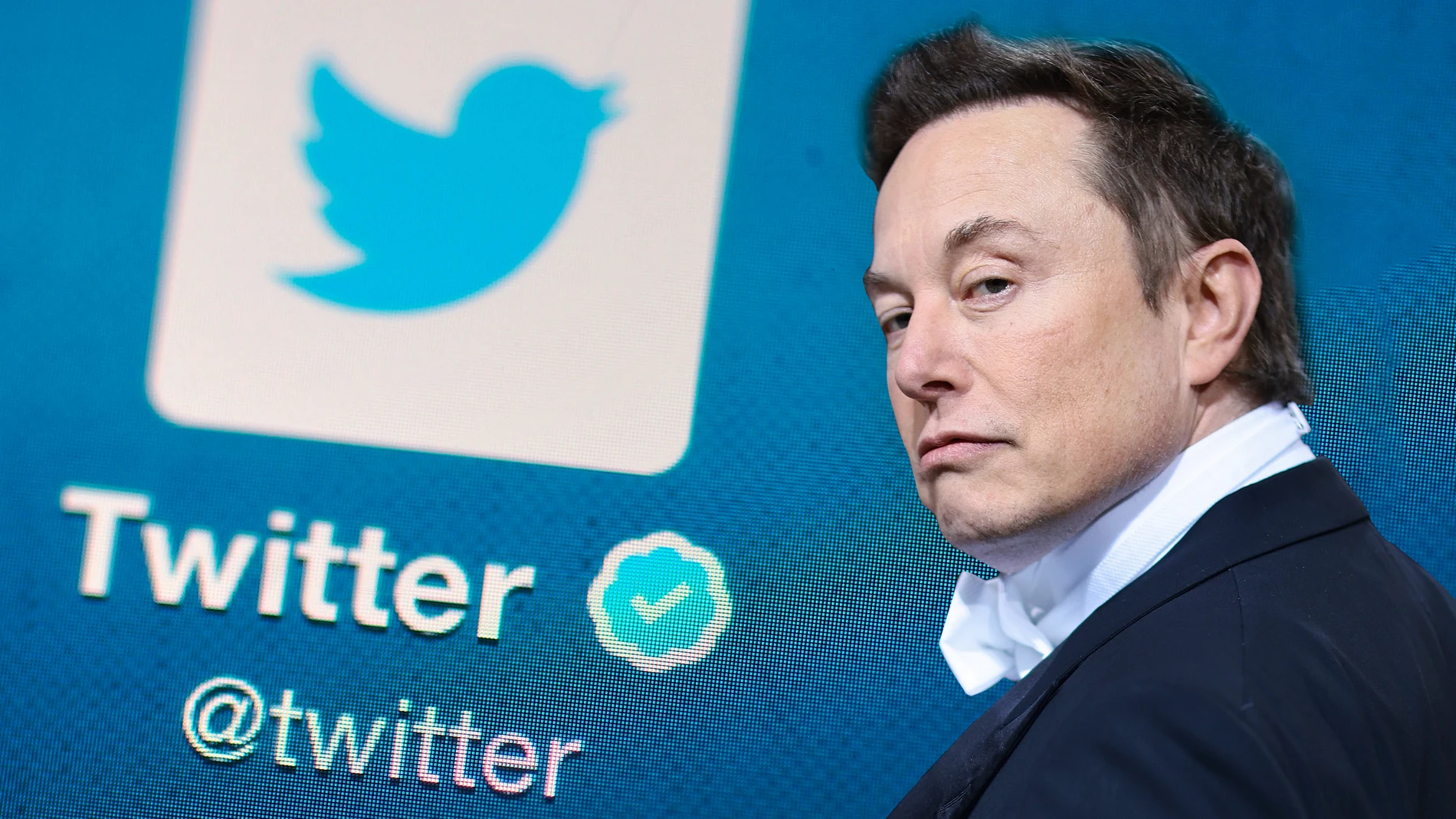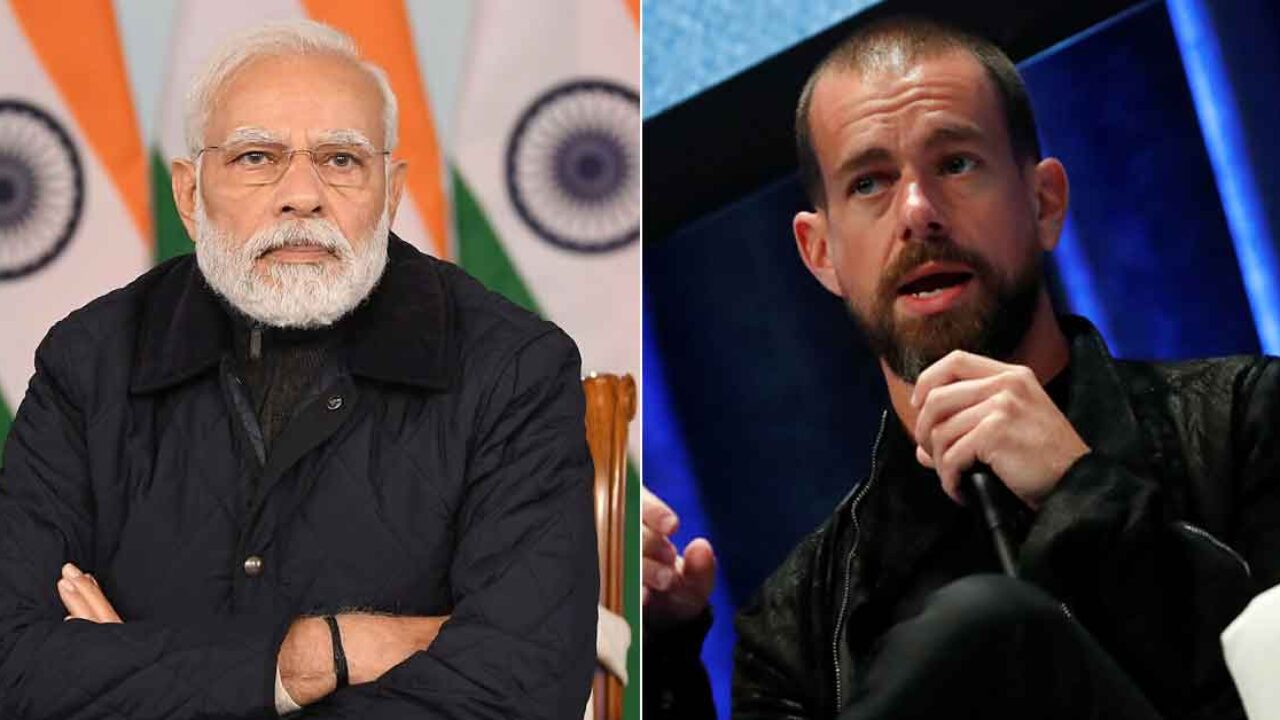Modi Government Denies Twitter’s Claim That The Indian Government Threatens To Shut Its Operations On Indian Lands!
No one was arrested, and app was not "shut down." Dorsey's Twitter administration has difficulty embracing Indian law's sovereignty, according to Rajeev in a tweet.

India threatened to shut down Twitter unless it agreed with demands of baning accounts critical of the government’s handling of farmer demonstrations & as of to Jack Dorsey, co-founder of the social media network a charge has been disputed by Narendra Modi’s ministry.
Dorsey, who had quitted as Twitter’s CEO in 2021, reportedly stated that India had terrorized the firm with staff raids if it did not comply with government orders to remove particular messages.
It showed itself in ways like, they will shut down Twitter in India, which is a massive market for them, and they will raid the workers’ houses, which they did, and this is India, a democratic country, Dorsey stated in an interview.

Rajeev Chandrasekhar, India’s deputy minister for information technology, replied by branding Dorsey’s claims an “outright lie.”
No one was arrested, and app was not “shut down.” Dorsey’s Twitter administration has difficulty embracing Indian law’s sovereignty, according to Rajeev in a tweet.
Dorsey’s comments underscored the challenges faced by multinational technology companies working under Modi’s administration, as well as the shrinking room to protect free expression while complying with India’s stricter social media regulations.
Modi and his ministers are frequent Twitter users, but free speech groups claim his regime blocks all criticism. According to a review of the company’s transparency reports, the Modi government’s legal orders to delete information from Twitter grew by 48,000% between 2014 and 2020.
India says that its material removal orders are intended to safeguard users and the state’s sovereignty. However, Dorsey stated in the Breaking Points interview that many accounts that had received takedown requests were “specific journalists who were critical of the government.”

The charges made by the former CEO shed further light on the pressures imposed on Twitter in 2021 as the Modi administration worked to control the narrative surrounding the farmers’ demonstrations, when hundreds of thousands of farmers built up camps outside Delhi seeking the repeal of new agricultural legislation. The protests were embarrassing for the administration, which has provided little room for criticism.
There was outrage when the Modi administration deleted a few hundred Twitter accounts that had mentioned the protests, including those of well-known journalists and news outlets.
However, a spat erupted after Twitter reinstated the majority of the accounts, citing “insufficient justification,” and refused to remove a further 1,100 accounts accused of disseminating “misinformation” at the government’s request.
The Indian government responded by threatening Twitter employees in India with fines & up to seven years in prison if the firm did not comply with their requests. As part of another investigation, the police even visited the company’s offices, causing Twitter to voice worries about the safety of their employees.
The spats between Twitter and the Indian government appear to have subsided after Elon Musk purchased the site for $44 billion (£35 billion) last year. India is Twitter’s third largest market after the United States and Japan, but since Musk took over, he has reportedly reduced the Indian staff by 90%.

Despite Musk’s claim to be a “free speech absolutist,” the firm appears to have gladly agreed with the Indian government’s wishes and resisted less than Dorsey did. This was even claimed by Chandrasekhar, who, although not naming Musk, stated that Twitter has been in compliance since June 2022.
This includes the deactivation of around 50 accounts in the month of January that had tweeted links to a controversial BBC documentary concerning Modi’s participation in the Gujarat violence. To prevent it from being viewed, the authorities prohibited any video of it from being posted on social media.
In April, the company disabled nearly 120 accounts & even including the politicians, poets, and even the BBC Punjab office, for tweeting about a fugitive Punjab separatist leader on the run.
Musk stated in an April interview with the BBC that the company will adhere to India’s stringent social media legislation. “If they have a choice between sending their people to prison and act accordingly as of with the law, they’ll do according to the law,” Musk added.
Proofread & Published By Naveenika Chauhan




